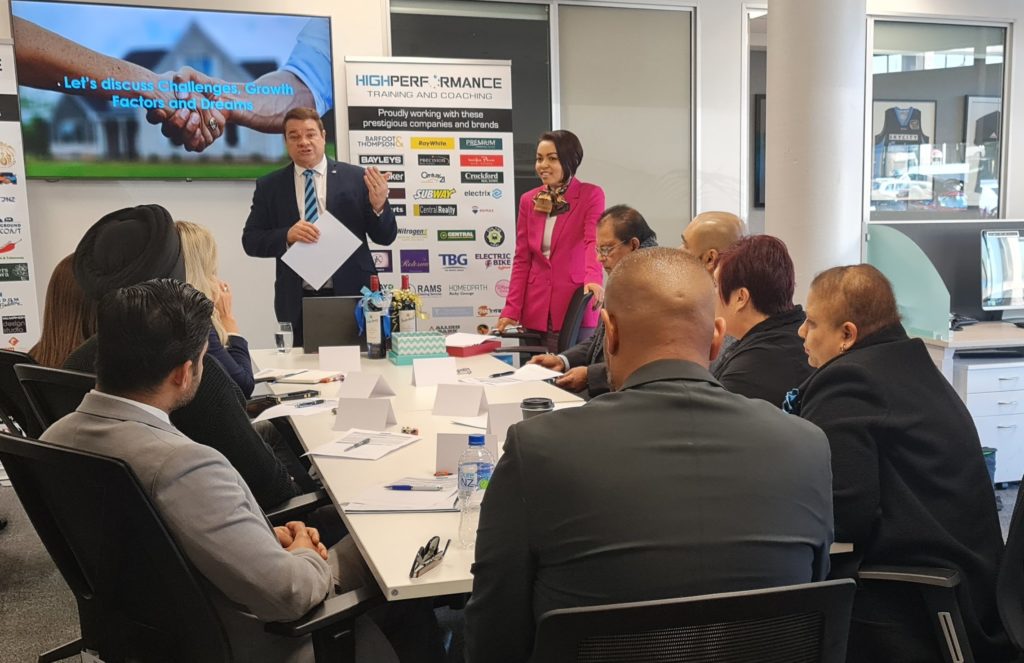Education policy plays a pivotal role in shaping the future of societies. It determines the direction of educational systems, the allocation of resources, and the opportunities available to students. A well-crafted and effectively implemented education policy can empower minds, pave the way for equal opportunities, and prepare individuals for the challenges of an ever-evolving world. In this blog post, we will explore three main points that underpin the essence of empowering education policy: equitable access to quality education, student-centered learning, and holistic development with a focus on future skills.
1: Equitable Access to Quality Education
One of the primary goals of education policy is to ensure that every individual, regardless of their background or circumstances, has equal access to quality education. Sadly, educational disparities continue to persist, posing significant challenges to achieving this ideal. Addressing these disparities requires a multifaceted approach.
Investing in infrastructure and resources is a crucial step towards leveling the playing field. Schools in underserved areas often lack adequate facilities, materials, and technologies. By directing resources to these communities, policymakers can provide students with an environment conducive to learning.
Promoting inclusive teaching practices is another vital aspect of equitable education. Recognizing and accommodating diverse learning styles and needs can help create an inclusive classroom where every student feels valued and supported. Furthermore, educators should be provided with professional development opportunities to enhance their cultural competence and teaching strategies.
Bridging the digital divide is also crucial in today’s technology-driven world. Access to the internet and digital tools is no longer a luxury but a necessity for educational success. By ensuring internet connectivity and providing devices to students in underserved areas, policymakers can bridge this gap and empower students with the digital skills needed for the future.
2: Student-Centered Learning
Traditionally, education has focused primarily on the delivery of information by teachers. However, a shift towards student-centered learning has gained traction in recent years. This approach places the learner at the center of the educational process, emphasizing active engagement, critical thinking, and problem-solving skills.
Student-centered learning models, such as project-based learning, personalized learning, and competency-based education, provide students with opportunities to explore their interests, apply knowledge in real-world contexts, and progress at their own pace. By fostering a sense of ownership and autonomy, these approaches not only enhance student engagement but also promote deeper learning and a lifelong love for learning.
To support teachers in adopting student-centered approaches, professional development programs should be designed to equip them with the necessary skills and knowledge. Collaborative platforms and networks can also facilitate the sharing of best practices and enable educators to learn from one another’s experiences.
3: Holistic Development and Skills for the Future
While academic excellence is important, education should not solely focus on imparting knowledge. A well-rounded education nurtures holistic development, including social, emotional, and physical well-being. Additionally, it should equip students with the skills necessary to thrive in the rapidly changing job market.
Recognizing the significance of holistic development, education policy should integrate social-emotional learning (SEL) into the curriculum. SEL helps students develop self-awareness, empathy, and interpersonal skills, enabling them to navigate relationships and manage emotions effectively.
Moreover, education policy must emphasize the development of critical thinking, creativity, and problem-solving skills. These skills are essential for students to adapt to the challenges of the future, where they will need to analyze complex information, think critically, and come up with innovative solutions.
Collaboration between educational institutions, industry, and academia is crucial to align educational programs with the demands of the job market. By incorporating input from employers, policymakers can ensure that students acquire the skills and knowledge that are relevant and in high demand.
Takeaway
In conclusion, education policy holds immense power to shape the future by empowering minds and providing equal opportunities for all. By focusing on equitable access to quality education, student-centered learning, and holistic development with a focus on future skills, policymakers can create educational systems that prepare individuals to thrive in an ever-changing world.
Achieving these goals requires collaborative efforts from policymakers, educators, parents, and communities. By actively engaging in the conversation and advocating for change, we can contribute to the creation of empowering education policies that pave the way for a brighter future for generations to come. Let us embrace the transformative potential of education policy and work together towards building a society where every mind is empowered to reach its full potential.









